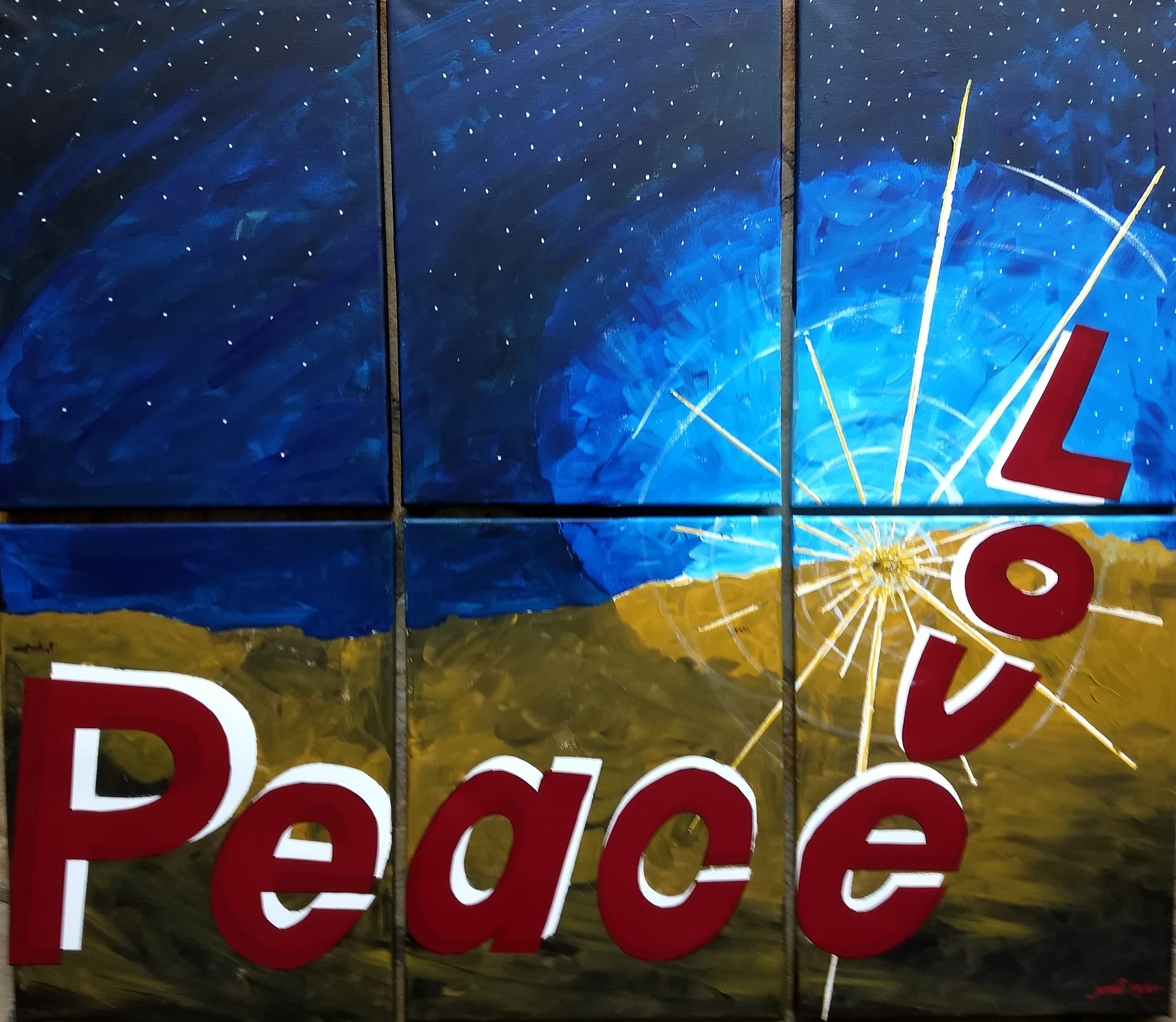Fourteenth Sunday in Ordinary Time
“… rejoice because your names are written in heaven.” Lk 10:20
Remember the Baltimore Catechism?
Those of you raised as Catholics in the 1940’s and ‘50’s are likely nodding your heads in assent since that Catechism was the primary tool the Church used back then to teach its central beliefs.
It was also a very successful means of teaching since the Baltimore Catechism employed a handy question/answer approach that made it possible for all Catholics in the United States to be taught the same core beliefs.
For example, for Roman Catholics, one of the primary convictions was that the priesthood embodied the ultimate essence of the church. The clergy stood at the very top of the hierarchical ladder. The laity, on the other hand, were negatively defined as “not clergy” and “not religious” and were seen as those members of the church who were passive recipients of the priest’s ministry.
While the clergy exercised the threefold (priest, prophet, and king) mission of Christ, the vocation of the laity could possibly be summarized in just four words: believe, pray, pay, and obey.
Then came the Second Vatican Council.
Lasting from 1962-65, it brought about a much richer understanding of the church by emphasizing the notion of the entire community – priests and laity alike – as the “people of God.” As such, the church was to be seen as a community of Christian disciples sharing a single mission: making the reign of God present in this world.
Why the change in interpretation?
Primarily because of a renewed understanding of Sacred Scripture. Today’s gospel reading provides a perfect example.
Note these words: “At that time the Lord appointed seventy-two others whom he sent ahead of him in pairs to every town and place.”
The number 72 is significant because it refers to the conviction that there were 72 nations on earth at that time.
In other words, Jesus sent out to the whole world not just the twelve apostles, but seventy-two “others” – those who called themselves followers, disciples of Jesus Christ.
Together, they – and we – are all called to do the same: reach out to the whole world and bring the good news of conversion.
A Jesuit named Donald Gelpi asserts that there are at least three forms of conversion that represent the ideals and values of the reign of God Jesus preached.
The first is what Father Gelpi calls “religious conversion.” Here he talks about faith. This most important value “requires an open receptivity to God, as well as the obedient submission to God’s saving will.” It also involves a commitment to action, to “renounce sin and to love God through the service of one another and our world.”
The second type of conversion is what Fr. Gelpi calls “affective conversion.” Here he’s talking about the promotion of a healthy emotional life. This “lifelong process demands that we face the suppressed negative emotions like fear, anger, shame, and guilt that produce degrees of personality dysfunction.” This will then allow positive emotions like love, affection, friendship, and compassion … the freedom to experience the “good and the beautiful in life.”
The third type of conversion involves the transformation of our moral life. Here we replace our commitment to our own personal desires for gratification with a sensitivity to the needs of others through generous self-giving.
Taken together, these three types of conversion on our part represent the Christian formula for success. They are “successful” in that they help us become a part of something larger, something bigger than we are.
It reminds me of the story about a man, a member of the “Greatest Generation,” who served in World War II, and was in the D-Day’s Normandy invasion. He described the horrors and the terrible deprivations of his entire service experience, but then he said: “Still, I look back on those four years as the very best years of my life. For once in my life, I really had the feeling that I was part of something bigger than myself. I was on the move. We had a mission. Maybe it’s sad to say, but I look back upon those years as the best of my life.”
That’s what Jesus sent those 72 to tell people about:
Something bigger than themselves; something that changed them, inspired them, renewed and revitalized them; something that pulled them out of the narrow, little world of “ME” and into a much bigger world of “OTHERS.”
According to Fr. Gelpi, three conversions are what is needed: a conversion of our hearts; a conversion of our emotions; a conversion of our will.
To see if you’re “there,” try this short Spirituality Quiz for yourself and see how you score. Here it is:
- How passionate am I to make a moral difference with my life?
- Does the common good figure into my decisions, or only “What’s in it for me and mine?”
- Would I be defined as successful in terms of what I consume, or in terms of the good I do, the time I give, the care and concern and compassion I show for others?
- Has my life transcended itself and become a part of something bigger than I am?
- Do I have a sense of mission, of being chosen and sent?
Difficult questions, but fortunately our God is not just challenging us, but is also rewarding us:
“Rejoice because your names are written in heaven.”
Ted Wolgamot, Psy.D.






